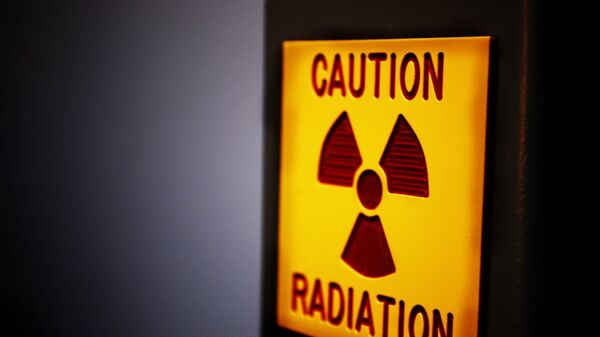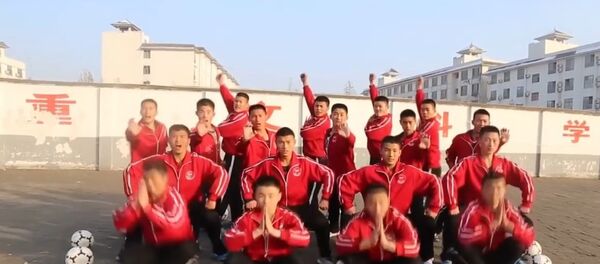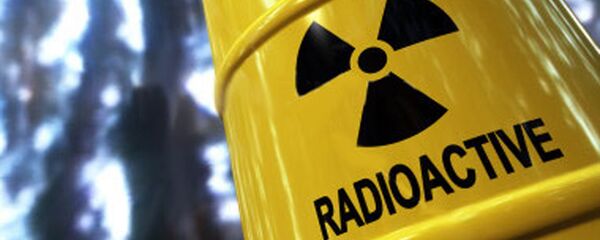Japan’s Olympic football team is slated to train for the 2020 Tokyo Games at the base station currently used by thousands of workers engaged in cleaning up the devastated Fukushima-Daiichi nuclear plant. The facility, called J-Village, rests on the edge of the 20-kilometer (12-mile) exclusion zone surrounding the plant and its three destroyed reactors.
In March 2011, a catastrophic tsunami struck the region precipitating a meltdown in three of the six reactors at the Fukushima facility. The subsequent radiation leak forced the displacement of some 150,000 people.
The exclusion mandate was lifted from the area September 2015, allowing organizers to renovate the site ahead of the 2020 Games. Organizers expect a partial reopening of the site by July 2018.
Japanese Football Association (JFA) communications director, Takato Maruyama, said, "a timeline has been formally approved by the executive board" for renovating and decontaminating the facility in consultation with Tokyo Electric Power Company (Tepco).
Maruyama stated that, "obviously the complex will need some refurbishment but that (July 2018) is the timeframe we have heard from Tepco and J-Village." The JFA conceded that, "we can’t say if decontamination will have been fully carried out and whether there will be zero effect from radiation by that time." Maruyama aimed to quell concerns by noting that "obviously it will be opened only on condition that decontamination work has been completed safely."
Some commentators have expressed concern that contractors and construction workers may be prematurely exposed to unsafe conditions during the facility’s reconstruction. However, for now, the story remains one of cautious optimism in a country beginning to heal from one of mankind’s greatest nuclear disasters – or at least a compelling opening scene to an X-Men movie.




